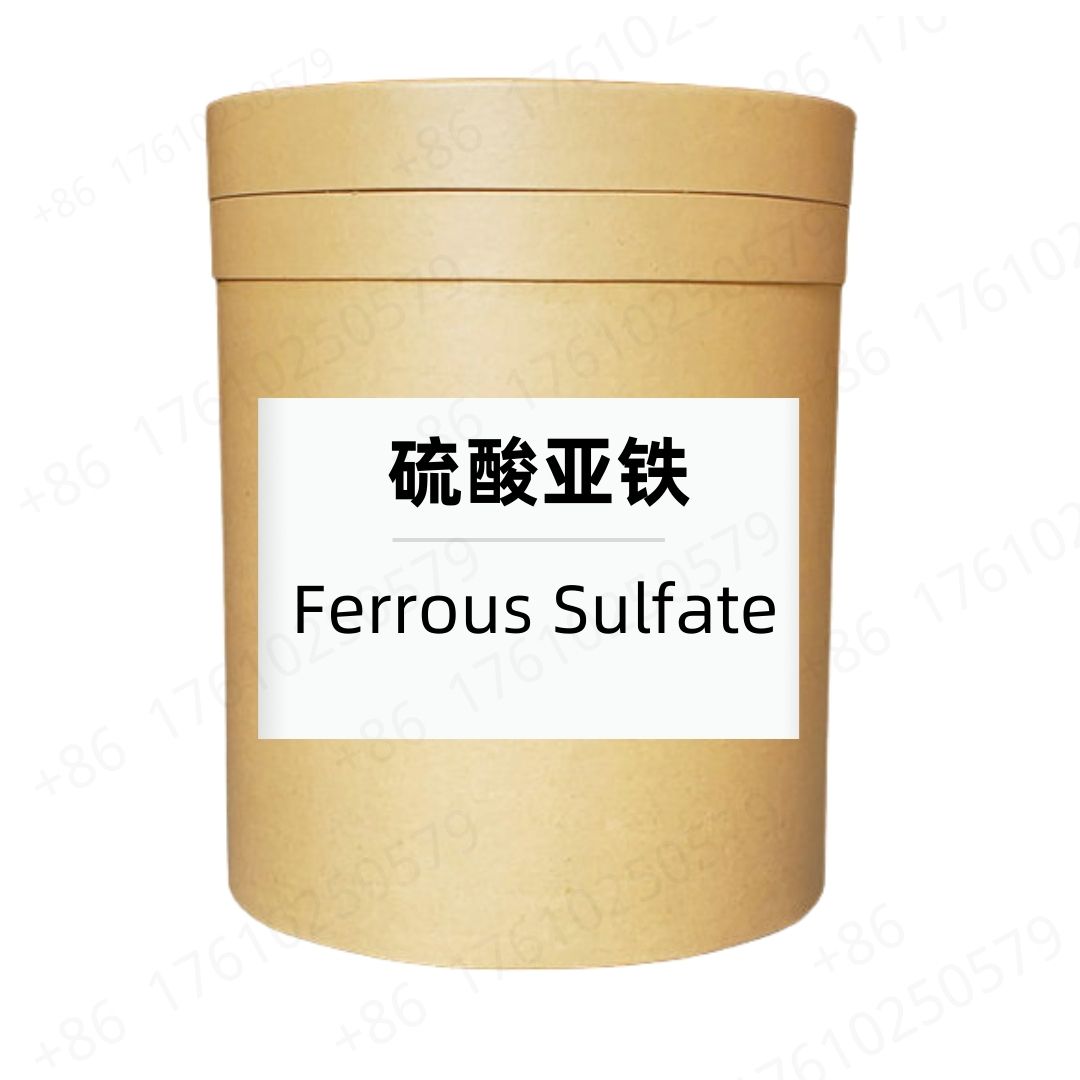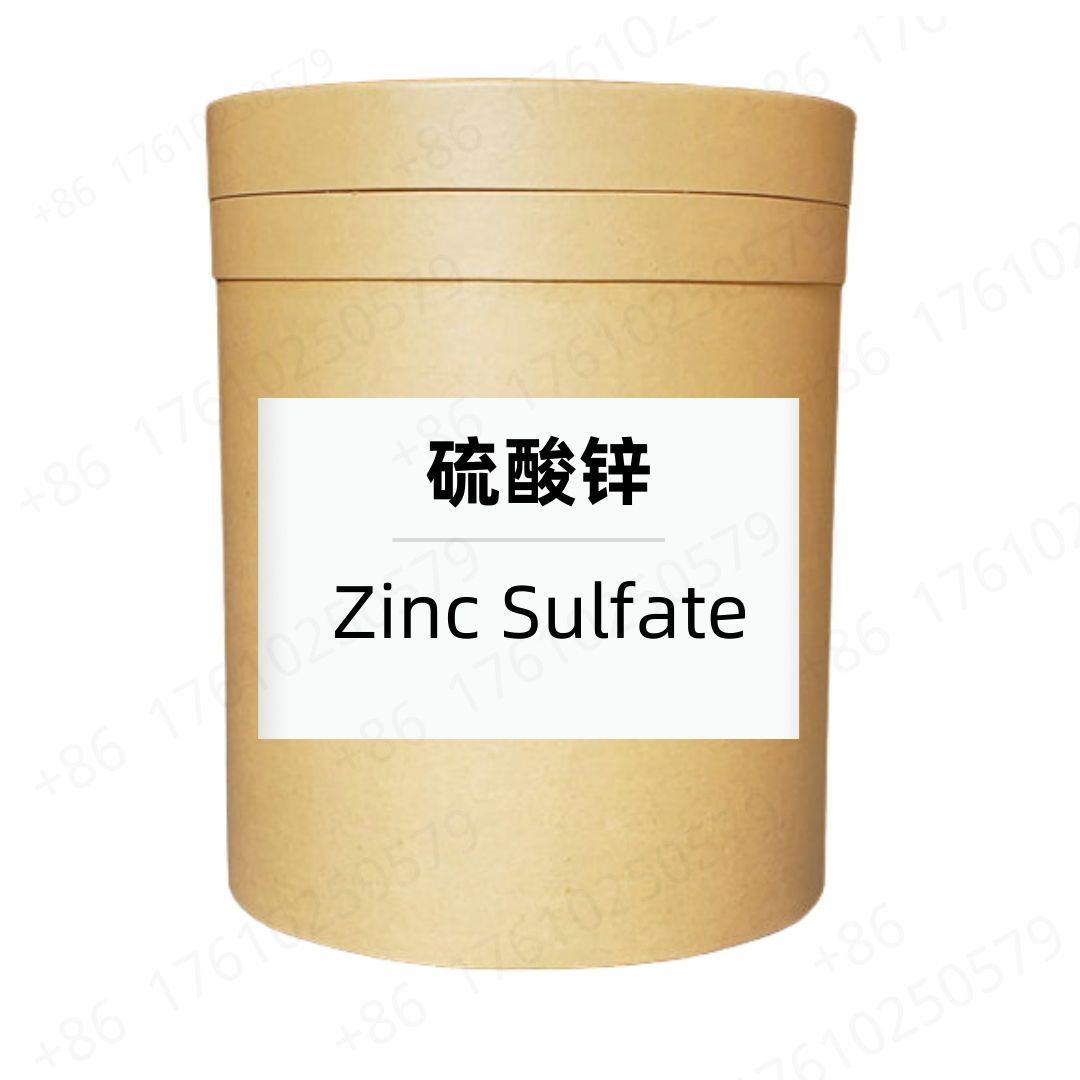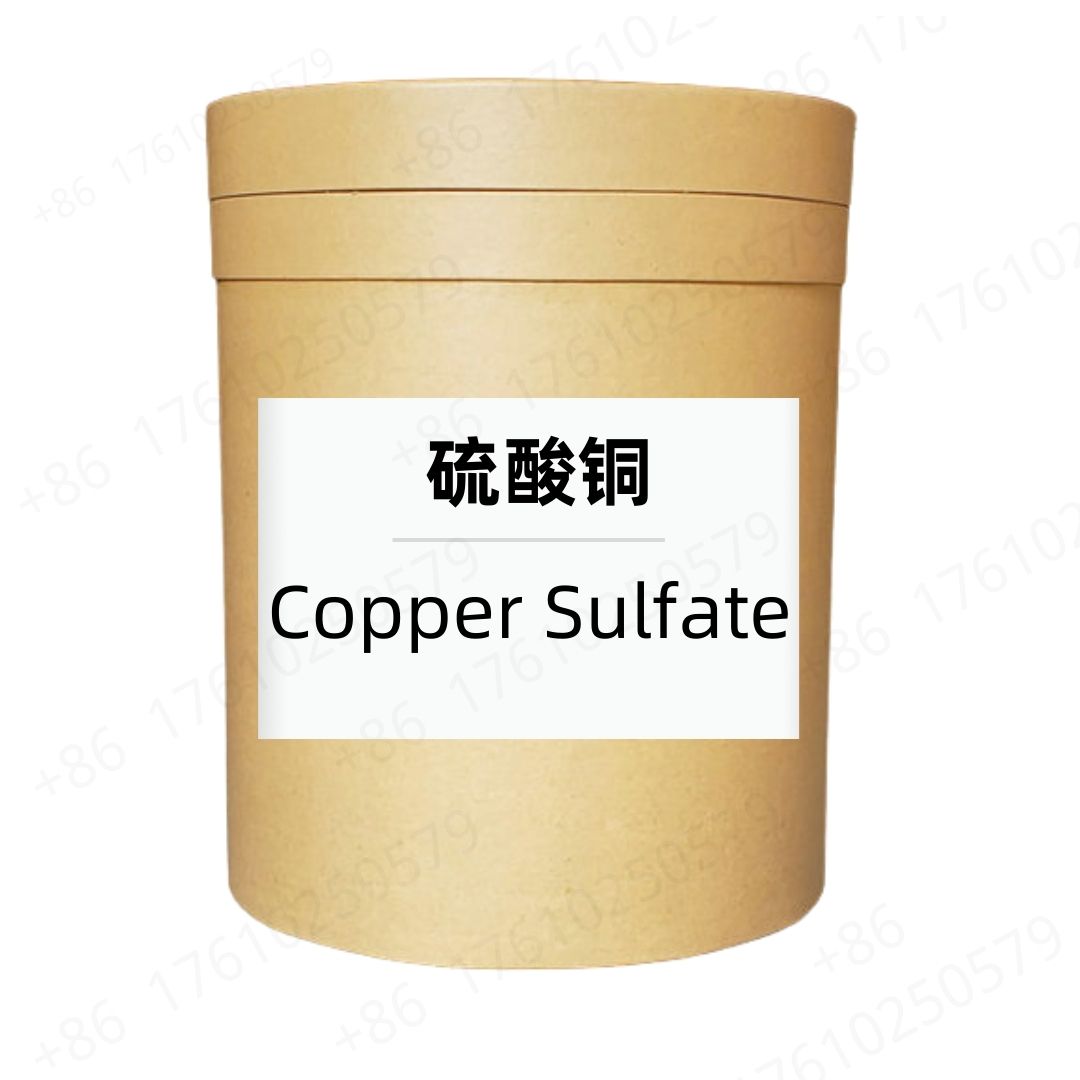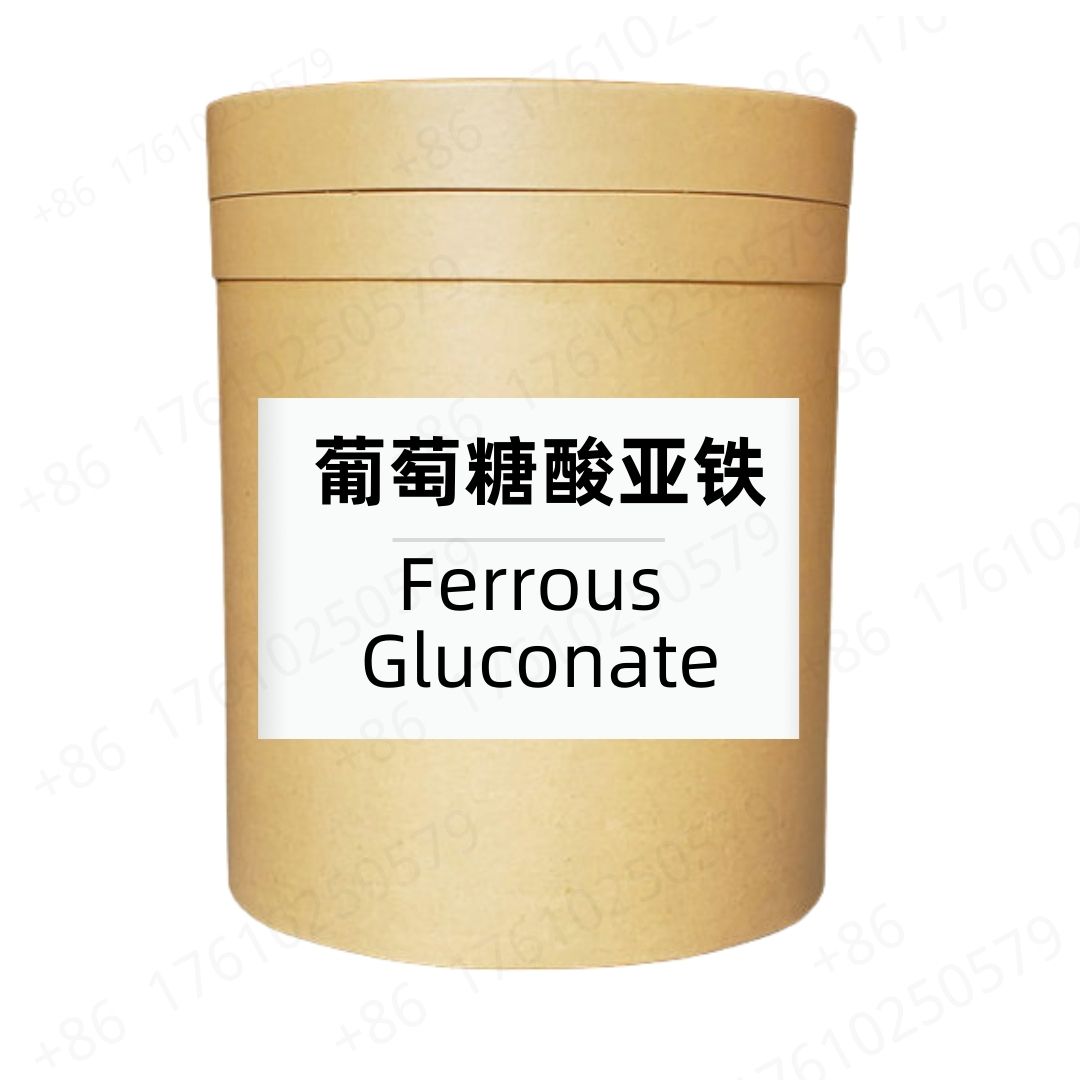Product Introduction
Ferrous carbonate is an inorganic compound composed of iron and carbonate ions. It is commonly encountered in nature, particularly in mineral deposits. With its distinct properties, it has carved out a niche in various sectors, especially in the health and nutrition fields. Ferrous carbonate is utilized primarily as a source of dietary iron, addressing iron deficiency while also serving in various applications in agriculture and industry.
Production Process
The production of ferrous carbonate typically involves the reaction of ferrous sulfate with sodium carbonate or sodium bicarbonate. This reaction produces ferrous carbonate, which can be precipitated out. The resulting compound is then filtered, washed, and dried to achieve a fine powder. Quality control measures are implemented throughout this process to ensure consistent product quality.
Product Functions and Effects
Ferrous carbonate is known mainly for its role as an iron supplement, providing a bioavailable form of iron that supports hemoglobin production and red blood cell formation. Its intake helps in combating iron deficiency anemia, which is a common health concern. Additionally, it can have beneficial effects on plant growth when used as a micronutrient in agricultural applications. It contributes to the overall mineral balance in formulations, effectively supplying iron where needed.
Product Application Scenarios
In the dietary supplement sector, ferrous carbonate is frequently used to fortify foods and supplements aimed at addressing iron deficiencies. In agriculture, it serves as a soil amendment, providing essential nutrients for crops, particularly in iron-deficient soils. Ferrous carbonate also finds applications in the pigments industry, where its properties are utilized to create coloring agents. Apart from these, it can be used in the production of various chemical compounds, demonstrating versatility across multiple fields.
Packaging and Storage
Storage Conditions: Store in a sealed, light-proof container, away from high temperatures, in a dry, cool, and well-ventilated place.
Packaging: Bulk: 25kg/fiber drum; Sample: 1kg/aluminum foil bag; Custom packaging available upon request.
Shipping Methods: FedEx, DHL, dedicated logistics, and sea freight consolidation.
Shelf Life: Two years
Monica Sun possesses extensive technical expertise and market insights in the food additives industry. She excels in designing efficient and safe additive formulations tailored to various food applications, ranging from sweeteners to functional dietary fibers. Monica has successfully assisted food manufacturers in optimizing ingredient combinations to enhance product quality and improve consumer satisfaction.















